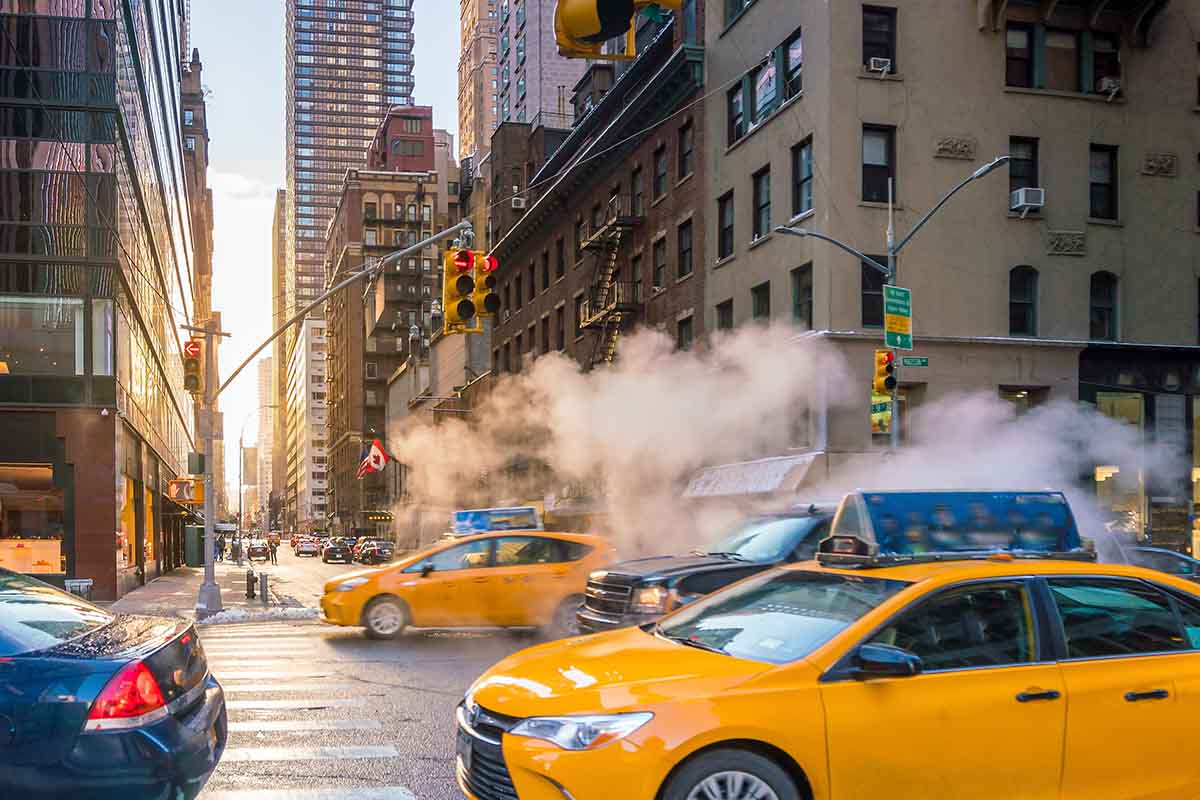If You Owe Money on a Totaled Car in New York?
Key Points
- Gap Insurance Importance: Gap insurance covers the difference between a totaled car’s ACV and the outstanding loan, essential for financed cars but not always carried by drivers.
- Legal Recourse: Filing a lawsuit against the at-fault driver can help recover medical costs, lost wages, and other damages, easing financial burdens from accidents.
- Comprehensive Insurance and Documentation: Comprehensive insurance and thorough documentation, including accident scene photos and police reports, are crucial for dealing with insurance companies and potential lawsuits.
Totaling a car has innumerable consequences, but that’s what insurance is for, right? Not when you total a financed car.
While drivers can get gap insurance to cover the difference between a totaled car’s actual cash value (ACV) and an outstanding loan balance, not everyone has this coverage.
And, while your normal car insurance should pay you the totaled car’s ACV, you’ll still have to cover the difference.
You’re undoubtedly dealing with other costs, like possible medical expenses, because of injuries sustained in the accident.
By filing a lawsuit against the at-fault driver, you can get damages for all related losses, including your medical costs, lost wages, and intangible damages.
What you recover in a lawsuit might make managing accident-related expenses in New York easier and let you focus on paying off the loan without other financial stressors.
At a Total Loss: Owing Money on a Totaled Car in New York
Tons of New York drivers finance their cars. If those cars get totaled in accidents, drivers still have loans to pay off.
Does insurance help out in these situations? Or are you at a total loss in more ways than one?
When This Could Happen
Many people finance cars instead of purchasing them outright with cash. You pay off your car loan regularly, not expecting to get into an accident.
Unfortunately, if you owe money on your car when you total it, you still have a loan to think about. With the car totaled, your lender will expect you to cover any outstanding payments.
It’s surprising how little it can take to total a car. A seemingly minor fender bender can lead to engine or internal damage, resulting in a total loss.
This underscores the importance of comprehensive insurance, as other factors like the vehicle’s age and existing damage can further reduce the car’s value, making any additional damage lead to a total loss.
What Insurance Will Cover
Drivers in New York need insurance and rely on their coverage for initial compensation after a crash, even if another driver was at fault.
While your insurance might cover the car’s actual cash value if totaled, there might be a big gap between what insurance is willing to pay and what you still owe on your car loan.
As a general rule, don’t take the insurance company’s assessment of your car’s ACV at face value, as it might be worth more than they let on.
Getting gap insurance can solve this problem before it arises. Drivers can get gap insurance when financing cars, and this insurance can cover the difference between what you get for the car’s ACV and what you still owe on your loan.
But, because many people don’t anticipate getting into accidents when they get new cars, not all drivers have gap insurance, making them responsible for covering the difference.
Turning Total Loss into Total Compensation After a Car Accident in New York
When cars get totaled in accidents, victims are more likely to sustain serious injuries. So, on top of paying the difference between your car’s ACV and the outstanding balance on your loan, you could also have expensive medical bills to pay. This is where filing a lawsuit can help.
First thing first, you have to make sure you can sue. For the most part, you can only file a car accident lawsuit if you sustained a serious injury as defined in I.S.C. Law § 5102(d) or incurred a basic economic loss of $50,000.
An experienced NYC car accident lawyer can quickly compare your injuries to New York’s serious injury threshold to confirm if you have a case.
In addition to documenting the property damage to your totaled car, take pictures of the accident scene and your injuries.
You should also call the police since accident reports are crucial when dealing with insurance companies.
Your lawsuit can cover all losses from the accident, including property damage.
Also, by relieving you from the undeniable financial impact of medical bills and lost wages, a lawsuit can let you more easily afford other costs related to the accident, like the difference between your car’s ACV and outstanding loan payments.
What’s more, your lawsuit against an at-fault driver can compensate you for all the pain, suffering, and stress you’ve experienced because of the accident, resulting in a larger award.





















